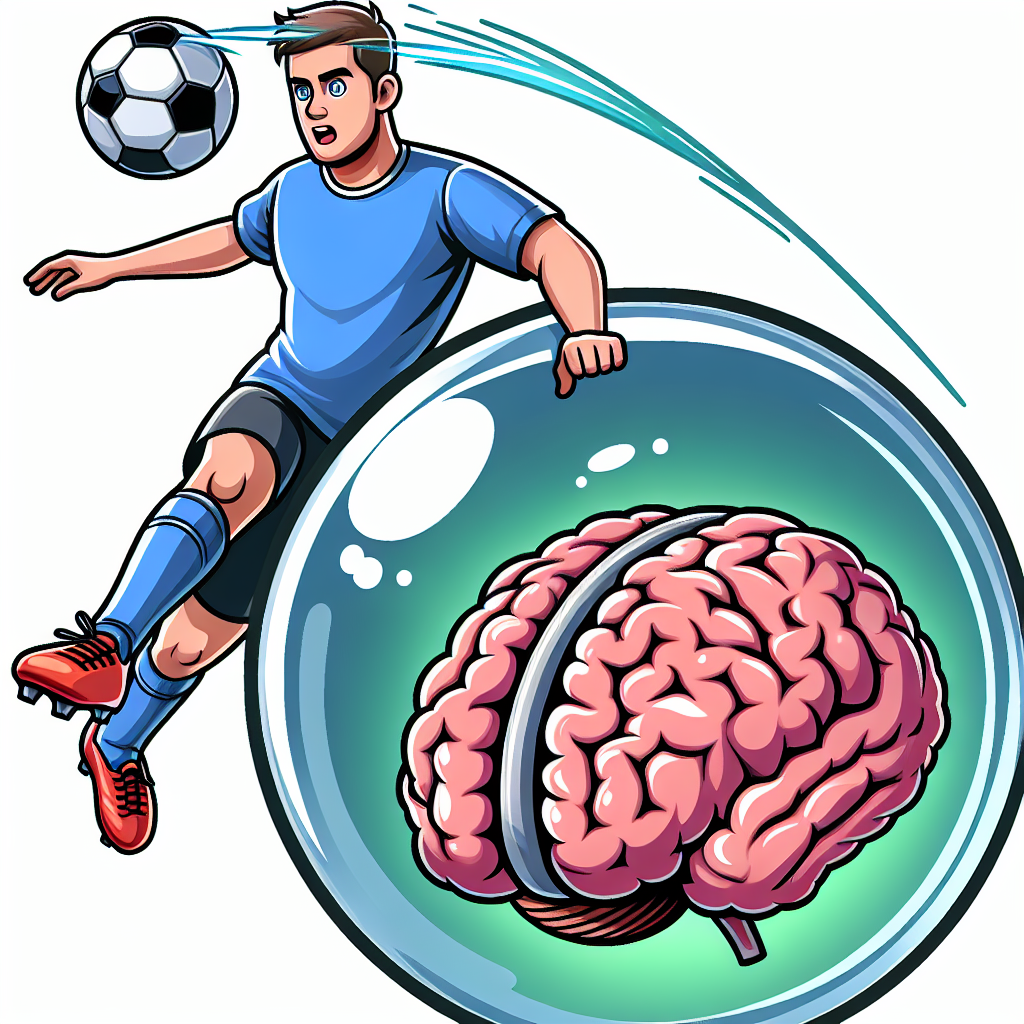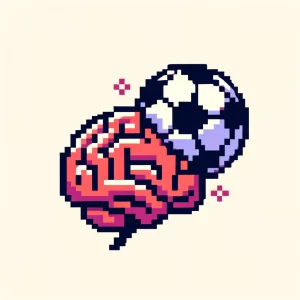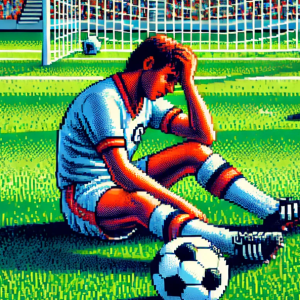
Understanding the Impact of Soccer Heading on Brain Health
Recent research has brought to light critical concerns about the impacts of repeated soccer heading on brain health. While the beautiful game helps improve cardiovascular health and teamwork skills, the potential risks associated with frequent heading raise significant safety concerns.
Recent Findings in Soccer Science
New research published in the Columbia University Irving Medical Center highlights the correlation between soccer heading and declines in brain health. The study found that adults who employed heading more frequently showed a noticeable decline in brain function over two years, raising concerns about long-term mental health implications for athletes.
Physical and Psychological Concerns
Researchers at Columbia found that soccer players who frequently head the ball had greater levels of brain structural changes, comparable to those seen in other contact sports like boxing or American football. These changes contribute to memory issues, cognitive decline, and other neurological impairments.
Guidelines and Mitigation Strategies
The findings call for a review of existing guidelines and protective measures. In the absence of regulatory consensus, various sports bodies and clubs worldwide have begun implementing changes, such as limiting headings in youth soccer and applying heading bans in practice. Moreover, the emphasis lies on training players in safer heading techniques and encouraging non-dominant foot play to reduce the need for headers.
A Broader Health Perspective
This new understanding of soccer-related brain health issues is accompanied by other recent studies focusing on comprehensive health aspects in soccer. For example, the Frontiers in Sports and Active Living journal has published a systematic review on high-speed running and its physical demands in the sport. Integrating these findings into training regimens could help limit physical strain and related injuries.
From Head Trauma to Cognitive Decline
Another notable article suggests that the ‘Napoleon Complex’, observed by researchers from elite German soccer data, demonstrates how biases stemming from physical differentials in body size could impact player evaluations, penalties, and the overall competitive environment.
Holistic Player Development
Understanding both the physical and psychological aspects of player health is crucial for safeguarding athletes across all levels. Efforts found in PubMed-indexed psychological studies in women’s soccer also contribute to this broader health dialogue, shining a light on the mental resilience required by players.
A Path Forward
The collective insights provided by these recent studies on soccer emphasize an evolving perspective of player safety and health preservation. As sports continue to play a pivotal role in culture and education, ongoing research and informed policy changes stand as a cornerstone for the future welfare of athletes.
Ultimately, maintaining the integrity and safety of soccer requires a balanced approach, recognizing not only the thrilling athleticism it showcases but also ensuring the long-term well-being of players for generations to come.
Explore more about the passion behind soccer science.



